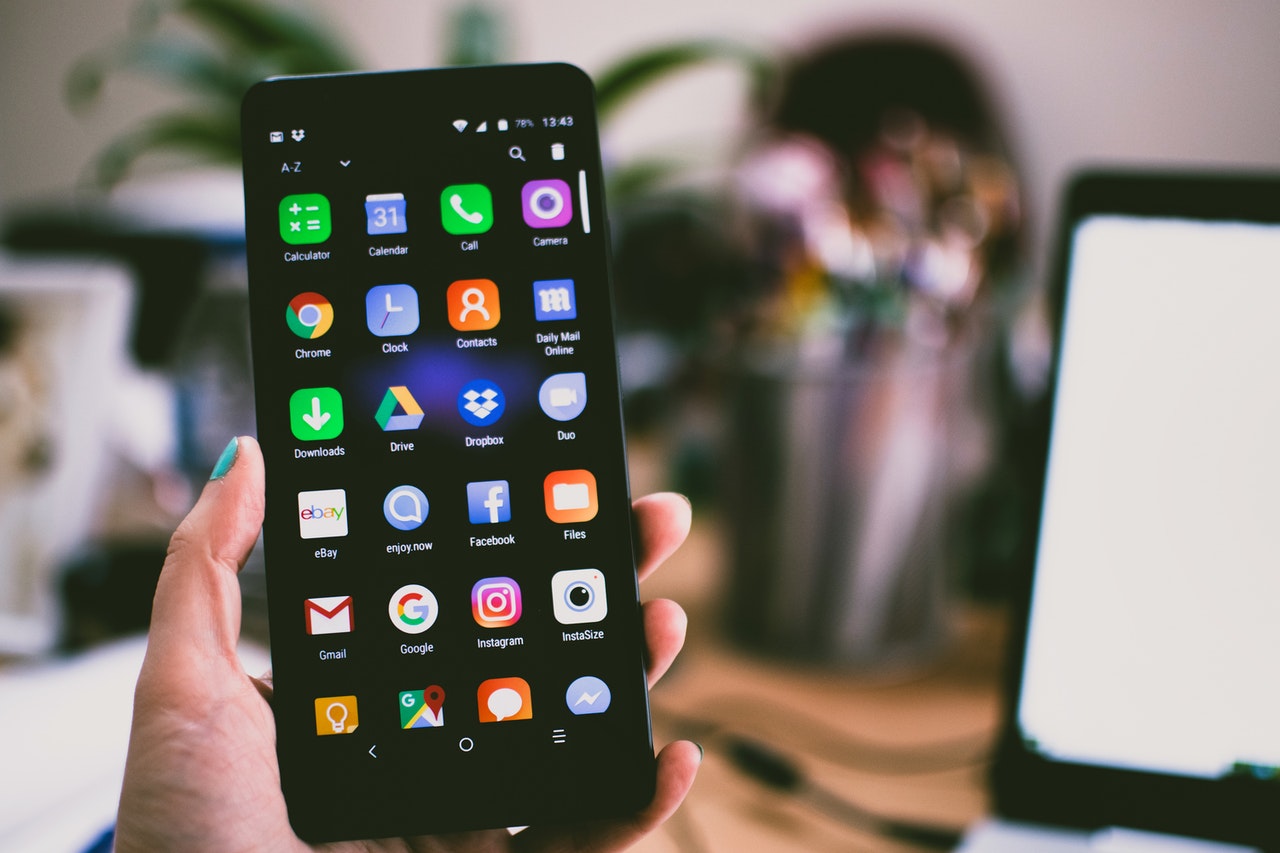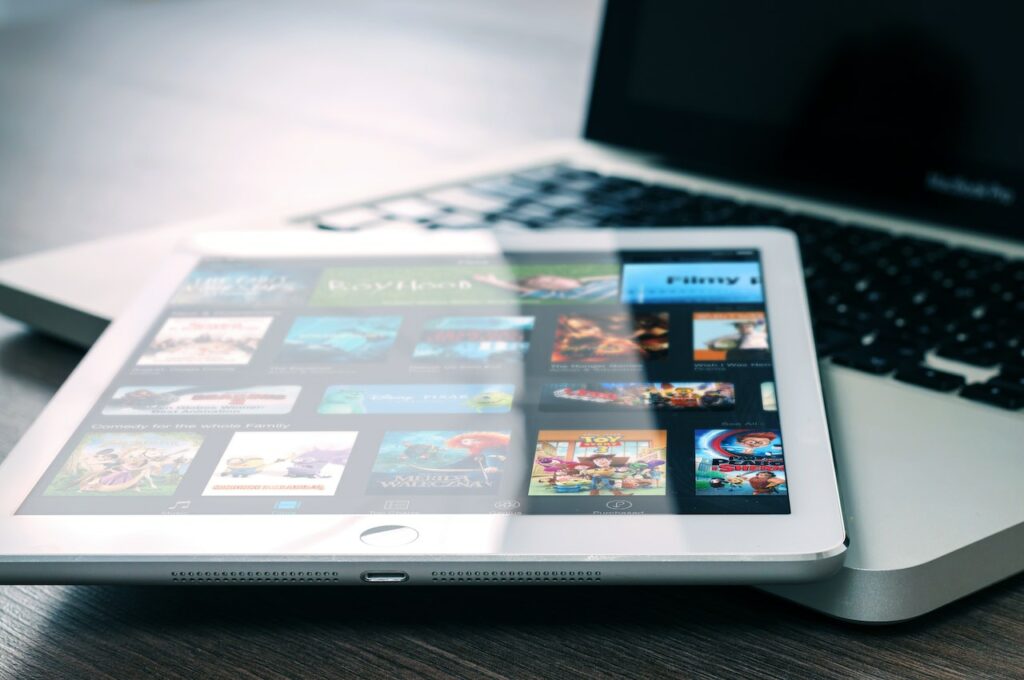Android or iOS: Which platform should you develop first?

Android or iOS, Smartphones have become a basic necessity for us. From checking emails to making payments, we are using mobile phones. A wide range of applications makes phones handy in our day-to-day life. Studies show that users spend 70-87% of their free time with mobile apps. The demand for fast and convenient apps made mobile application development one of the most steadily growing fields in software development. The wake of the COVID-19 pandemic also accelerated the increase in the rate of mobile app development. Even though do you know every 4th user abandons an app after a single use?
Choosing the right platform for developing the apps is half of the success. On opting the native development the Android and iOS are the absolute leaders of our market. Both have an incredible set of development options. But it is difficult to answer whether to develop an android or iOS app first, right?
In this article, we are focusing on the pros and cons of Android and iOS. Also helps you to choose the right platform for developing your first app.
Android App Development – Pros
Open System
Android is open to more of the inner workings of the system. This accessibility helps developers to create and apply features that are restricted by iOS. Developers have more freedom, flexibility and opportunities in development.
1. Flexibility
Android has a less restricted development environment compared to iOS. Android apps run on virtually any Android device and normally they don’t experience any hardware compatibility issues. This makes Android app development more flexible. Also, Android allows development regardless of the OS (Windows, MAC, Linux).
2. Design
Google’s extensive developer guidelines to design are pretty helpful in development. So that the developer can create excellent UIs and layout even if they don’t have too much experience.
3. Fragmentation
Even if fragmentation is considered a disadvantage, Android allows creating apps for a wide range of hardware such as wearables, streaming devices, TVs, in-car systems, and more.
4. Releasing Apps
Publishing apps via Google Play is much easier and quicker compared to iOS. Any apps that didn’t violate the company’s content policy get approved. Also, the developers have to pay a fairly low registration fee.
5. Going Beyond Mobile Phones
You can extend your app’s functionality so it runs on VR headsets, Wear OS devices, Android Auto, and several other platforms.
Android App Development – Cons
Testing
Even though fragmentation is one of the benefits of Android, it makes the testing extremely complicated. QA specialists have to spend more time for thorough testing on all models. Even for simple apps the developer has to deliver fixes mainly because the majority of users and vendors (Xiaomi, Samsung, etc.) stick on to the older versions of OS rather than updating into the latest versions.
1. Cost
Developing Android is more time-consuming than iOS and so the cost increases respectively.
2. Security Issues
Since Android is an open-source platform they have higher chances of falling for cyberattack whereas iOS is much more concerned about user privacy and security.
3. Users Spend Less Time Inside the App
The majority of Android users like free apps and they spend less on in-app purchases than iOS users.
4. Fragmentation
Developers have to take care of multiple devices with different screen size and resolutions, this makes the design and UI development much more challenging. Sometimes this may lead to poor quality apps in the Play Store.
iOS Application Development – Benefits
Performance
Because of its performance, iOS app development has high demand nowadays. They are stable, fast and easy to use with a few bugs remaining on the final build of any apps. iOS is a closed platform where Apple creates its hardware and software, which allows more strict guidelines. As a result they are flexible, easy to build and there is less piracy.
Integration with Devices
There are only 20+ different types of iOS mobile devices available, which normally makes the development process much simpler and quicker. The developer have to take care of subsequently less device fragmentation, screen resolution compared to Android.
Flawless and Intuitive UI/UX
Apple provides detailed guidelines for its UI creation. It may be limiting to some, but this approach generally helps to deliver an exceptional user experience.
Profit
Since Apple ensures security and user privacy the loyal users tend to spend more money on their apps compared to Android users.
Release
Even though Apple is much more strict in publishing apps, it has detailed guidelines for app release. It always ensures the quality of your apps.
iOS App Development – Drawbacks
App Release
Apple Appstore is more demanding than Google play. Even if we provide all the details and satisfy all the rules the app can still be rejected if it is irrelevant or not useful. Each app submitted to the Appstore will undergo an App review conducted by testers from Apple. Sometimes the app will be rejected for not meeting their standards. It will take some time to be available in the Appstore even after review.
Customization
iOS restricts the ability to customize some interfaces. Also, it may be difficult to add features if they require interaction with third-party software.
Expensive and Rigid Development Environment
The native iOS development requires Xcode (IDE), which runs only in Mac. So for iOS application development, we will need at least one other piece of Apple technology.
After considering the benefits and drawbacks of both platforms, clearly, there is no evident winner. Then, how do we choose which platform is better for developing your app first? There are pros and cons for both platforms but the choice depends on some factors:
Factors to consider while deciding if you should build for Android or iOS
Audience
There are key differences between users who are attracted to android or iOS. The target audience’s geographic and demographic characteristics have a main role in choosing the right platform for development.
iOS app development will be profitable if you are targeting users from Western Europe, Australia, or North America. Also, the market share of iOS is superior to Android in Japan and US.
If you’re an e-commerce or enterprise app, Apple may be a better choice.
However, if you are targeting a broad global audience, then Android will be the best choice.

Android is the best choice for the Audience in Up-And-Coming Markets
- Android is dominant in up and coming markets
- Most of the Android users are likely to work in technical jobs
- Slightly men prefer Android over iOS
iOS is best for the young and affluent audience
According to studies,
- iOS users tend to be young, wealthier, earning 40% more than Android users
- It is best for E-commerce and enterprise apps because of the better security and user privacy policies of Apple
- Women are more likely to use iPhones
- Apple users tend to have higher educational degrees, and to be in professional and managerial jobs
- Apple users spend more on apps and they normally like to shop and make payments using their mobile devices
Budget for Development and Deadlines
In most cases, iOS is faster and easier to develop than Android. iOS is not an open-source platform, and it has more standardization to ensure the appropriate and smooth functioning of the app on all devices it’s built for. This will save time during the development and reduces future expenses on bug fixes.
Desired Features
Android is an open-source platform. For developers, it means gaining more access to the hardware, file systems, and features that are off-limits in iOS. Android is also more friendly in terms of its customization.
However, this open environment makes Android more susceptible to corruption and cyberattacks. Whereas iOS is more secure, due to Apple’s closed-off approach. That’s why iOS has a large audience in the Enterprise market.
Budget for maintaining app
Generally, the maintenance cost of iOS apps is much lower than Android Apps. The reason is most of Android users stick to the older versions of the OS. Studies say that 50% of devices are currently running outdated Android versions. This results in unexpected crashes and bugs even if the app is working functionally in the latest OS. But iOS users are more likely to use updated OS versions.
Revenue
Even Android is the absolute leader of market share, iOS users spending more money inside in the app since they have a higher LTV(Lifetime Value). They buy additional content and become a long-standing source of revenue.
- According to studies there are some key differences in app monetizing:
- iOS users tend to make in-app purchases and spend more on apps
- Android outperforms IOS in case of Utility apps since Android users spend more on it than iOS users
Android or iOS – Choosing one platform to develop first
- If you want to monetize your apps without ads then iOS is the best option. The same for E-commerce apps.
- If you want to build a minimum viable product(MVP) quickly and cheaply, then go for iOS.
- Android is your best bet If you are targeting a broad global and emerging market.
- If you want to customize more, wait less to get your app approved, then the Android platform is the way to go.
So as you can see both have their owns ups and downs. When deciding between iOS or Android for your product development, there is no evident winner. The platform can be determined by who is your target audience, where they live, what are features they needed, your development time, and budget.




